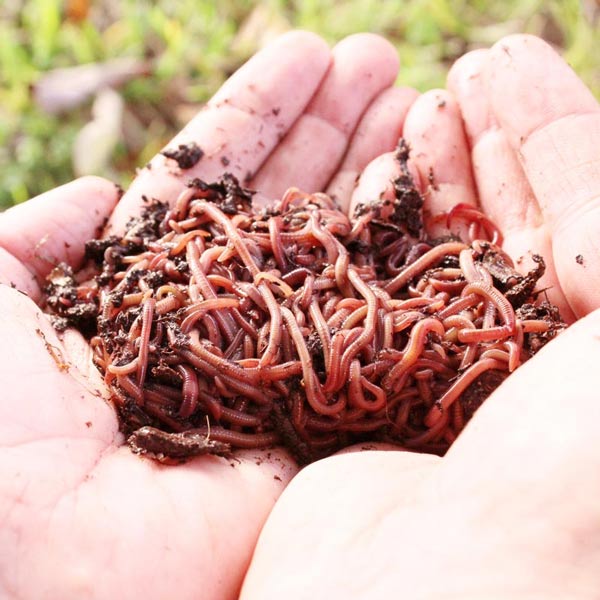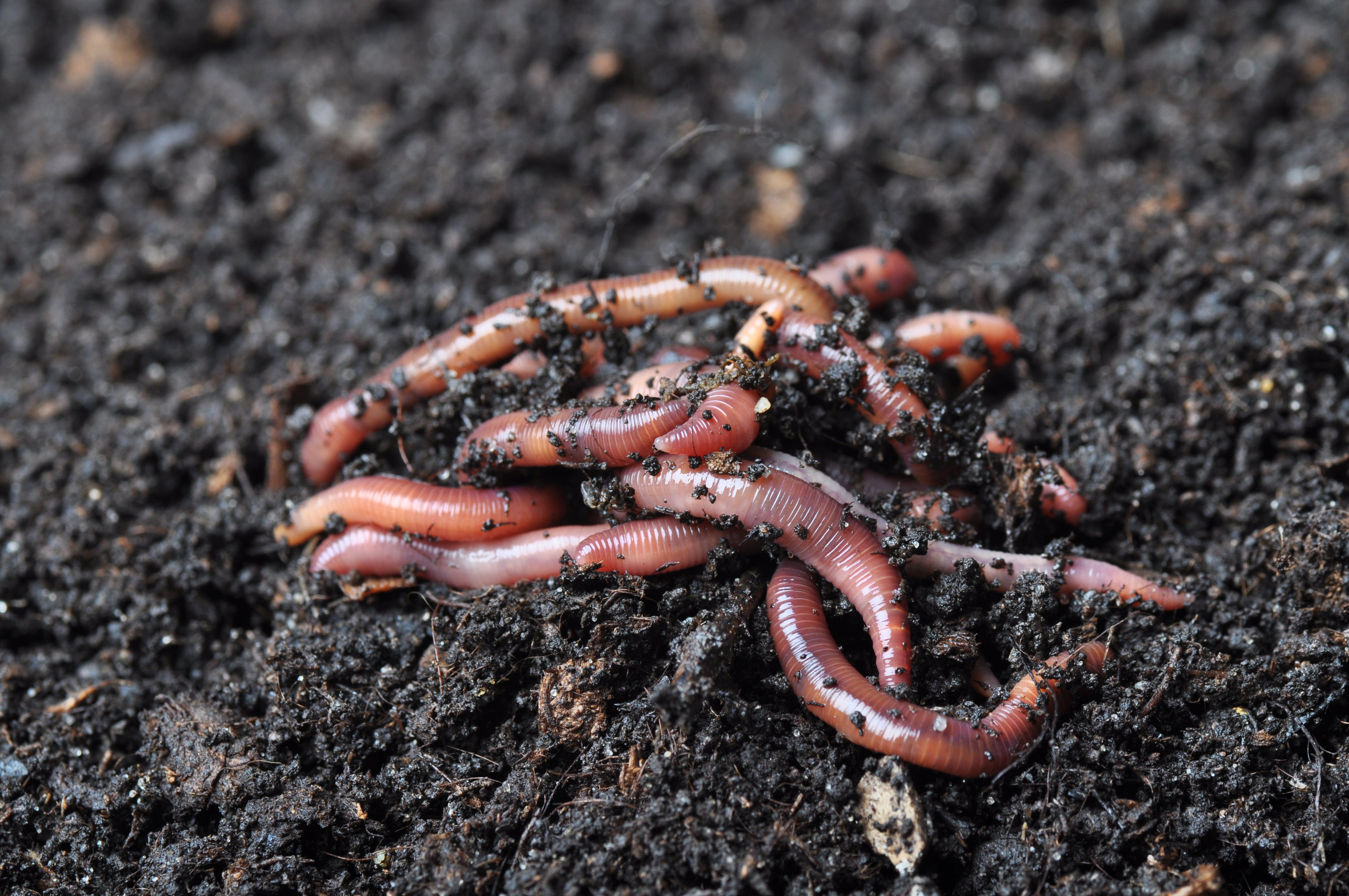Why Red Wigglers Are Important for Organic Farming
Red wigglers play a critical role in chemical-free farming, largely via their special capability to break down organic materials and boost soil wellness. Their task not just enhances the soil with essential nutrients yet additionally cultivates a thriving ecological community essential for lasting agriculture. The physical procedures they engage in, such as oygenation and wetness retention, contribute dramatically to enhanced crop returns. Nevertheless, the level of their influence on farming practices and dirt biology increases intriguing inquiries regarding the future of chemical-free farming. What ramifications might this have for farming techniques?
Role of Red Wigglers in Dirt Wellness

Additionally, red wigglers enhance soil structure by producing channels as they burrow. These channels boost aeration and water infiltration, promoting a healthier root environment. Their activity also aids in preserving optimum dampness degrees, which is critical for healthy plant growth.

Benefits of Worm Castings
Worm spreadings, the nutrient-rich excrement generated by red wigglers, serve as an effective amendment for organic farming. These spreadings are loaded with important nutrients such as nitrogen, phosphorus, and potassium, which are essential for plant growth. Unlike artificial plant foods, worm spreadings launch nutrients gradually, providing a stable supply with time and lowering the danger of nutrient leaching and runoff.
Furthermore, worm castings improve dirt structure and oygenation, advertising much healthier origin systems. Their high organic matter content boosts moisture retention, allowing plants to much better endure dry spell problems. Furthermore, worm spreadings include beneficial microbes that support plant health and wellness by reducing microorganisms and improving nutrition uptake.
The application of worm spreadings can lead to boosted crop yields and improved quality of produce, making them a very useful resource for organic farmers. Their use likewise lines up with lasting farming techniques, adding to dirt fertility without the unfavorable ecological influences related to chemical fertilizers. In general, the incorporation of worm spreadings right into farming techniques promotes an extra resilient and efficient ecological community, underscoring the importance of red wigglers in chemical-free farming systems.

Enhancing Nutrient Cycling
(purchase red worms)Vitamins and mineral biking is a vital process in natural farming, and the assimilation of red wigglers plays an essential role in boosting this cycle. These earthworms add substantially to the break down of natural issue, helping with the transformation of intricate organic products into simpler, extra easily accessible nutrients for plants. As red wigglers consume decomposing organic issue, they secrete nutrient-rich castings, which are including advantageous microorganisms. This microbial task additional aids in the decay process, making sure that vital nutrients are conveniently offered for plant uptake.
Furthermore, red wigglers assist to increase the mineralization of nutrients, transforming them from inert forms into bioavailable types that plants can soak up. This procedure is important for keeping soil fertility and promoting healthy and balanced plant growth. The existence of red wigglers also motivates a varied soil environment, promoting a balance of nutrients that supports different plant varieties.
Improving Soil Structure
The enhancement of dirt structure is crucial for promoting a healthy farming ecological community, and the activity of red wigglers considerably adds to this renovation. These earthworms play an important function in freshening the soil and producing a network of channels that assist in water seepage and origin penetration. As they burrow through the dirt, red wigglers damage up compressed layers, permitting for much better oxygen exchange and promoting microbial task.
Moreover, the raw material generated from their waste, referred to as vermicast, improves dirt gathering. This procedure produces secure globs of dirt fragments, boosting soil porosity and minimizing disintegration (red wigglers). The visibility of red wigglers additionally urges the growth of beneficial fungal networks, which are essential for nutrient uptake by plants
Promoting Sustainable Practices
Integrating red wigglers into chemical-free farming practices not only boosts dirt wellness yet likewise promotes sustainable agricultural methods. These earthworms play a vital duty in vitamins and mineral biking, changing organic waste into valuable garden compost that enriches the dirt. By utilizing red wigglers, farmers can effectively decrease reliance on artificial fertilizers, thereby minimizing chemical overflow and its detrimental effects on environments.
Additionally, the unification of red wigglers motivates the practice of reusing natural products, such as kitchen area scraps and farm waste. This waste reduction strategy not just reduces disposal expenses but additionally cultivates a closed-loop system where nutrients are constantly gone back to the soil (red wigglers). Such practices are important in minimizing environment change, as they boost carbon sequestration and minimize greenhouse gas emissions
Moreover, red wigglers improve water retention in the soil, which is critical in times of drought. Their burrowing tasks produce channels that enable water to penetrate much deeper into the ground, thus promoting effective water use. Inevitably, integrating red wigglers right into organic farming not just supports biodiversity yet also straightens with the concepts of sustainable farming, offering an alternative approach to food manufacturing.
Conclusion
Finally, red wigglers play an essential role in chemical-free farming by substantially boosting soil wellness and fertility. Their ability to decompose raw material and produce nutrient-rich castings cultivates a flourishing microbial area, which is important for nutrition biking. Additionally, the tunneling tasks of these worms improve soil structure and oygenation, facilitating much better water seepage and root growth. Hence, the integration of red wigglers into agricultural techniques is vital for promoting sustainability and click for more info boosting total soil quality.